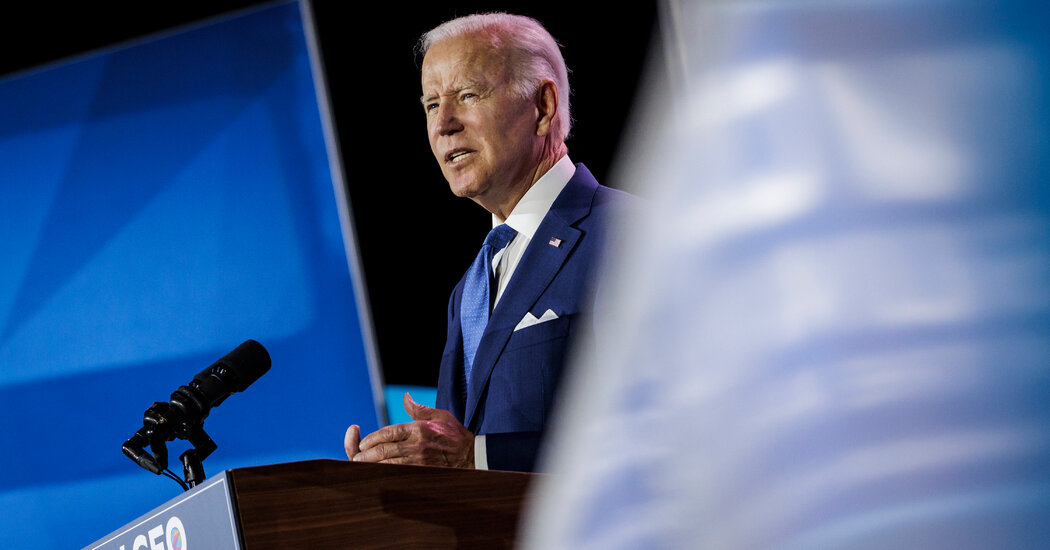According to U.S. officials who spoke publicly about the plans on Thursday, the United States and Latin American countries plan to issue a joint declaration at the Americas summit on Friday. The declaration will commit nations across the region to receive migrants and provide avenues for them to secure humanitarian protection and earn a living. The declaration will be issued by the United States and Latin American countries.
The general public and policymakers in the United States have spent decades focusing on the massive number of migrants crossing the southern border into the United States, while ever-increasing numbers of migrants have been flowing into nations all around the Western Hemisphere.
The proposed directive has been referred to as the “Los Angeles Declaration on Migration and Protection” by Mr. Alderman and others. In addition to the nations of Latin America, it is anticipated that Spain and Canada will be parties to the declaration.
The Mexican president, Andrés Manuel López Obrador, did not attend the conference; nonetheless, officials from the United States expressed optimism that Mexico, a significant migrant transit nation, would be a signatory to the agreement.
It will have four pillars: stability and support to countries that are hosting migrants; new legal paths for foreign workers; a coordinated reaction to historic flows over the border; and a cooperative effort to protecting the border, including combating smuggling networks.
A senior official with the United States Department of Agriculture named Anne Knapke said that the declaration will increase labour programmes to attract Central Americans to work as guest workers in the United States. It is anticipated that other nations, including Spain, will make promises that are similar to them.
During the last five years, the economic and political unrest in Venezuela has forced around six million people to leave their homeland and seek refuge in neighbouring nations such as Colombia, Peru, and Ecuador, amongst others. Central Americans who are fleeing gang violence and the effects of climate change have been looking for new beginnings in both Mexico and the United States. Hundreds of thousands of Nicaraguans who were the targets of a crackdown on dissent have fled the country and sought sanctuary in Costa Rica, which has around 10 percent of its population comprised of refugees.
On Wednesday, President Biden revealed new initiatives for the United States that are aimed at assisting other countries. Increasing food exports and encouraging more private investment are among these goals. Training more medical experts to enhance health care in the Western Hemisphere is another of these goals.
After entering the United States through the southern border, agents with the United States Border Patrol come into contact with between 7,000 and 8,000 migrants on a daily basis. They include an unprecedented number of people from Cuba, a country where severe economic difficulties have led to food shortages. Both by land and by water, Haitians who are trying to escape the anarchy and lack of opportunities in their own nation have been coming.
However, other Latin American nations have also been witnessing a fresh surge of migration, and they are looking for remedies to this problem.
Nearly two million Venezuelans are eligible to get protected status and work permits if they move to Colombia. It is time, according to Lucas Gomez, the presidential envoy on migration in Colombia, to consider policies that are geared to integrate migrants in nations that are hosting them.

